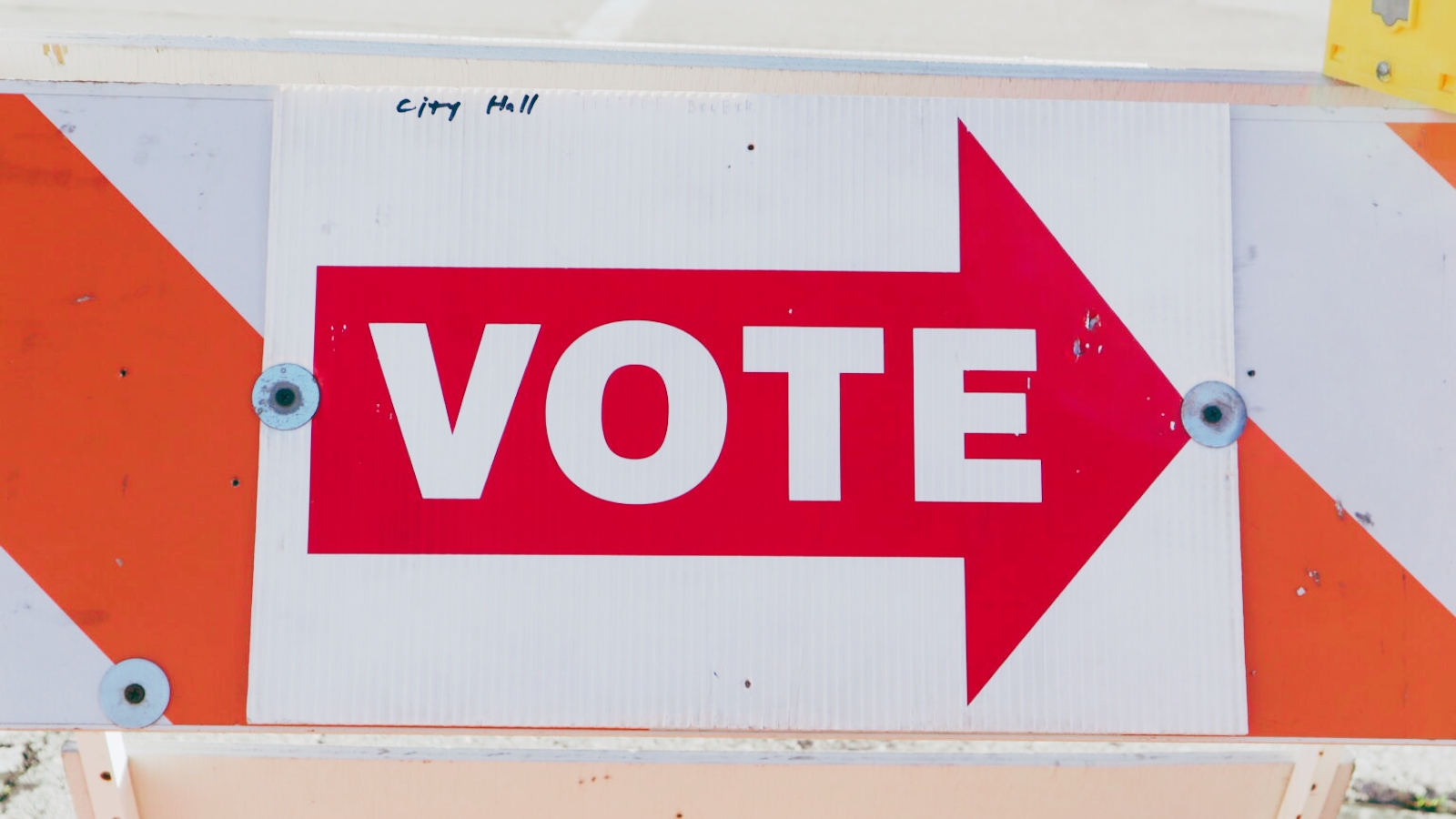
Yes, Freedom of the Press Includes Fake News
President Trump is frustrated. The mainstream media is overwhelmingly against him, at times going so far as to publish flat-out falsehoods in order to advance their particular biases. This has led to the creation of the epithet “fake news” to describe journalism that is less than fully honest. Anything that causes Americans to question the veracity of the news media, or indeed any other source of information, is a good idea in my book, but unfortunately the president’s personal ire has led him from justifiable vitriol towards troubling indications that he is prepared to abuse the power of his position to silence his critics.
On Twitter, Trump has repeatedly raised the question of pulling broadcast licenses from news outlets, notably NBC, that he regards as dishonest.
Broadcast licenses, which regulate who can use the finite bandwidth allocated to television signals, fall under the domain of the FCC, an executive branch agency. But the idea that these licenses could be issued or denied based on the personal preferences of the president is not only blatantly unconstitutional, but also thoroughly damaging to any free society.
Recall that the First Amendment to the U.S. Constitution protects “freedom of the press.” It is no accident that this appears as the first right explicitly guaranteed in the Constitution; the Founders recognized that free speech, along with a free press, was essential to combat tyranny. The government, after all, holds a vast amount of power over the people. Government agents can jail citizens, tax them, regulate them, even kill them in certain situations. What can the people do to retaliate or defend themselves? The answer is simply “speak.” The chief defenses against an unsatisfactory government are criticism and persuasion. Take those tools away, and the people have virtually no recourse against those who would govern them.
While it may be true that some of this speech will be hateful, malicious, or untrue, it is not for elected officials to make that judgment. The people must be free to accept or reject any criticism of the administration using their own judgment, not be told what to think from on high.
Fortunately, the current FCC commissioner, Ajit Pai, is a firm defender of the Constitution and has conclusively rejected any suggestion that he would use his power to censor news content, fake or otherwise, by revoking broadcast licenses.
“I believe in the First Amendment. The FCC, under my leadership, will stand for the First Amendment,” Commissioner Pai said. “Under the law, the FCC does not have the authority to revoke license of a broadcast station based on content of a program.”
Courting controversy is not an unfamiliar position for Pai, as he spent the better part of the Obama administration being a lonely voice against net neutrality regulations, the government takeover of the internet that was widely supported by his colleagues.
I have no interest in defending NBC or any other news outlet for its content; it’s clear that journalistic standards have plummeted in recent years. But in the marketplace of ideas, more speech is always preferable to less speech, and under no circumstances should the chief executive be telling his citizens what they can and can’t say publicly.
This article originally appeared on Conservative Review.
Free the People publishes opinion-based articles from contributing writers. The opinions and ideas expressed do not always reflect the opinions and ideas that Free the People endorses. We believe in free speech, and in providing a platform for open dialogue. Feel free to leave a comment.



